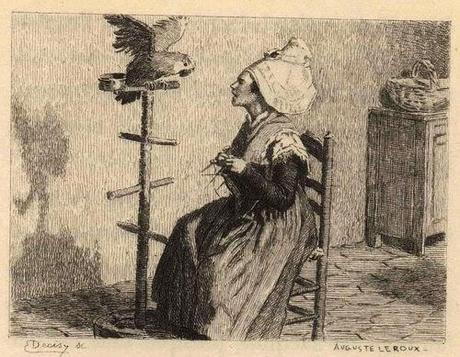


Our narrator, we never learn his name, hired Ethan Frome to drive him around in a sleigh for a few days. I simply felt that he lived in a depth of moral isolation too remote for casual access, and I had the sense that his loneliness was not merely the result of his personal plight, tragic as I guessed that to be, but had in it, as Harmon Gow had hinted, the profound accumulated cold of many Starkfield winters.” “He seemed a part of the mute melancholy landscape, an incarnation of it's frozen woe, with all that was warm and sentient in him fast bound below the surface but there was nothing nothing unfriendly in his silence. She is buried in the American Cemetery in Versailles, France. Wharton suffered a stroke and died on August 11, 1937. She also continued to write, lying in her bed every morning, as she had always done, dropping each newly penned page on the floor to be collected and arranged when she was finished. Wharton traveled throughout Europe to encourage young authors. The Age of Innocence, a novel about New York in the 1870s, earned Wharton the Pulitzer Prize for fiction in 1921 - the first time the award had been bestowed upon a woman. She was awarded the French Legion of Honor for her courage and distinguished work. When World War I broke out, she organized hostels for refugees, worked as a fund-raiser, and wrote for American publications from battlefield frontlines. She lived mostly in France for the remainder of her life. Scott Fitzgerald, André Gide, Sinclair Lewis, Jean Cocteau, and Jack London. Often in the company of her close friend, Henry James, Wharton mingled with some of the most famous writers and artists of the day, including F.

Ethan Frome appeared six years later, solidifying Wharton's reputation as an important novelist. Wharton's first major novel, The House of Mirth, published in 1905, enjoyed considerable literary success. Many of Wharton's novels chronicle unhappy marriages, in which the demands of love and vocation often conflict with the expectations of society. Despite similar backgrounds and a shared taste for travel, the marriage was not a success.

Edith's creativity and talent soon became obvious: By the age of eighteen she had written a novella, (as well as witty reviews of it) and published poetry in the Atlantic Monthly.Īfter a failed engagement, Edith married a wealthy sportsman, Edward Wharton. Edith Newbold Jones was born into such wealth and privilege that her family inspired the phrase "keeping up with the Joneses." The youngest of three children, Edith spent her early years touring Europe with her parents and, upon the family's return to the United States, enjoyed a privileged childhood in New York and Newport, Rhode Island.


 0 kommentar(er)
0 kommentar(er)
